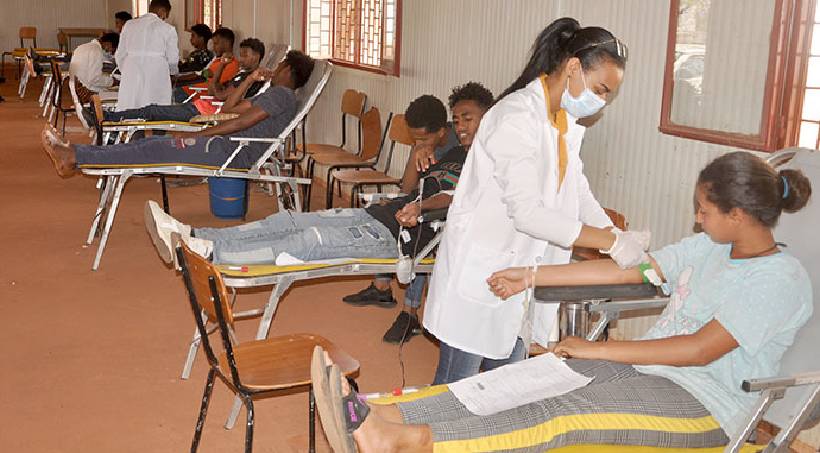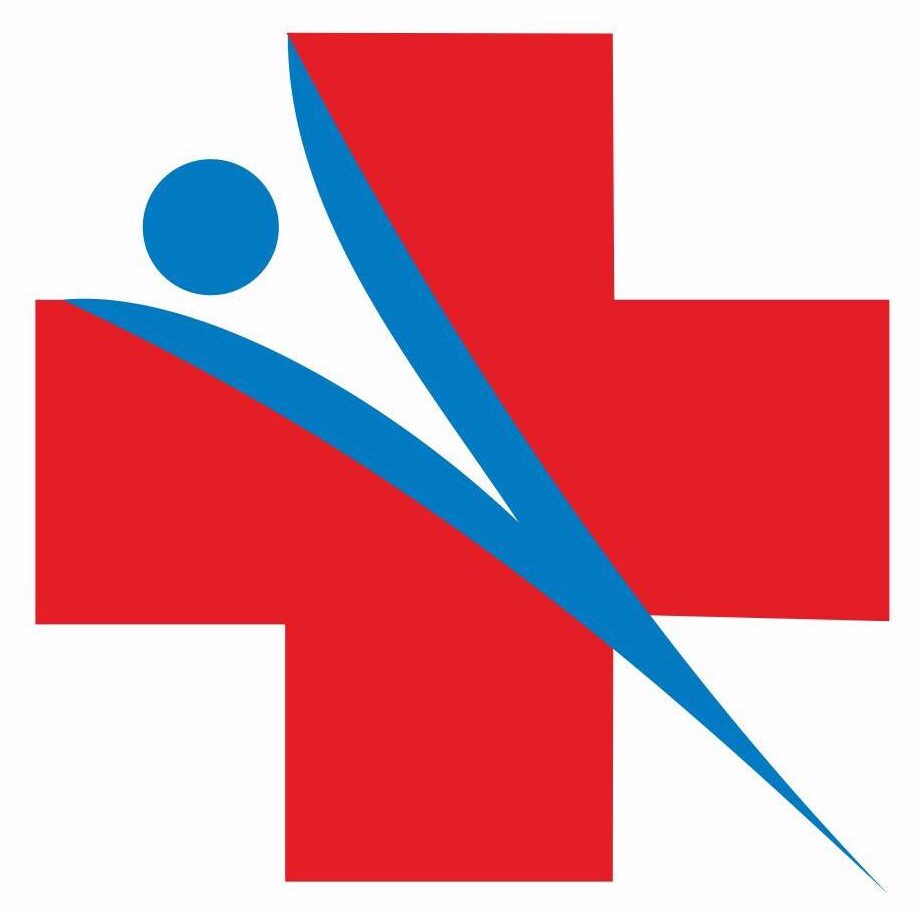Blood Bank and Transfusion Services

Overview:
Blood Bank and Transfusion Services play a crucial role in supporting life-saving medical procedures by ensuring the availability of safe, high-quality blood and blood products. These services are an integral part of hospitals, catering to emergency needs, surgeries, trauma care, cancer treatment, and chronic illnesses.
Key Functions:
Blood Collection: Blood is collected through voluntary donation camps, in-hospital donations, and replacement donors. The facility follows stringent guidelines to ensure the donor is healthy and the process is safe and hygienic.
Testing and Screening: Collected blood undergoes mandatory testing for transfusion-transmissible infections such as HIV, Hepatitis B and C, Syphilis, and Malaria. Only thoroughly screened units are approved for transfusion.
Component Separation: Instead of using whole blood, the blood bank separates it into components like Red Blood Cells (RBCs), Platelets, Fresh Frozen Plasma (FFP), and Cryoprecipitate. This allows multiple patients to benefit from one unit of donated blood, depending on their needs.
Cross-matching and Compatibility Testing: Before transfusion, the patient’s blood type is matched with donor blood to avoid any adverse reactions. Compatibility testing ensures the safety and efficacy of transfusions.
Apheresis Services: For specific needs like platelet donations or stem cell collection, the blood bank may offer apheresis – a technology that separates particular components from the donor’s blood.
Importance:
Supports surgeries (cardiac, orthopedic, transplant)
Manages bleeding disorders and severe anemia
Essential for cancer patients undergoing chemotherapy
Life-saving during trauma and obstetric emergencies
Advanced Features:
24/7 availability
Inventory management using barcode tracking
Adherence to NABH and WHO guidelines
Cold chain systems to preserve product integrity
